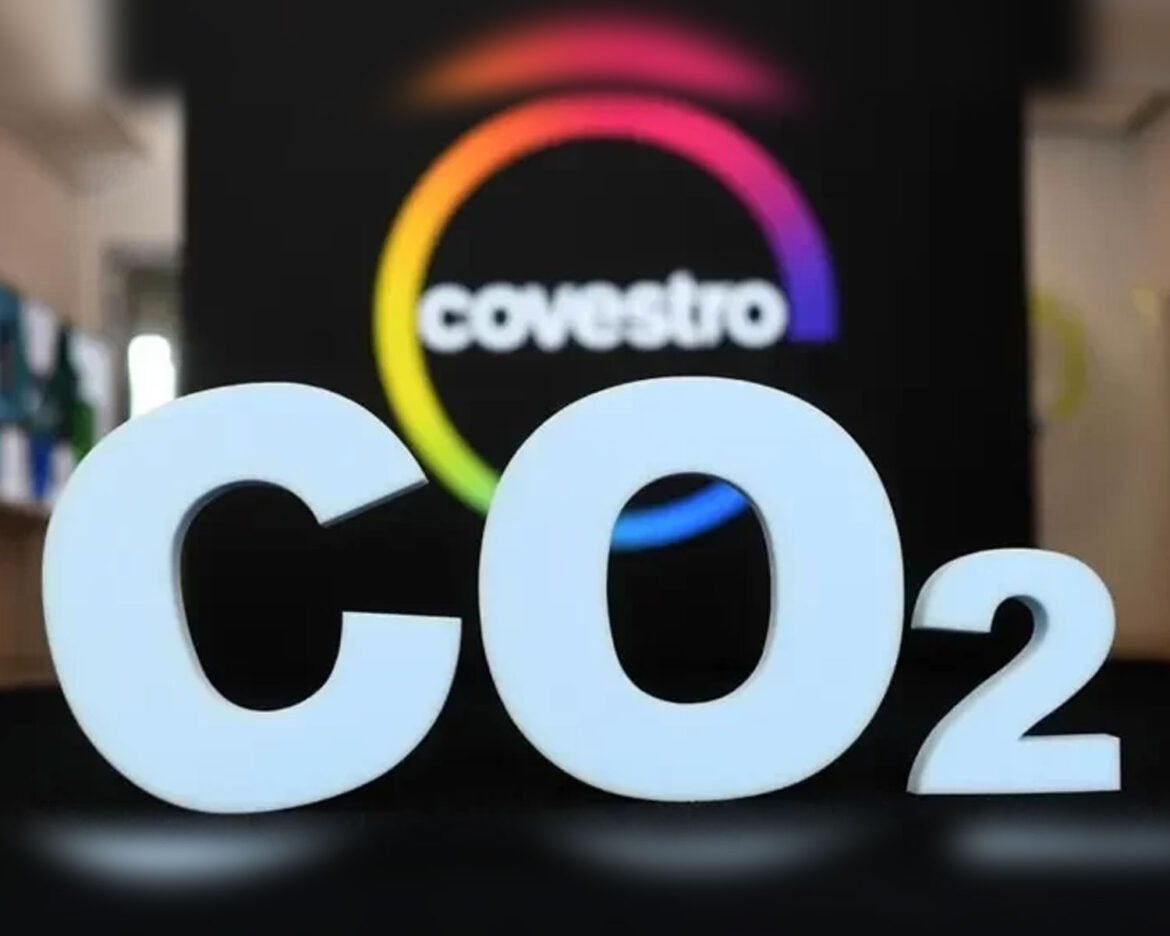At one of Europe’s largest chemical complexes, Covestro, a German group, is embarking on a groundbreaking initiative to manufacture a crucial product using sugar as a base material instead of oil. This move is part of the industry’s collective effort to mitigate its carbon footprint amid the urgent global climate crisis.
The pilot project at Covestro involves the production of “aniline,” a key chemical used in the manufacture of foams extensively utilized in products such as mattresses, armchairs, and building insulation.
“Of the 100 million barrels of oil produced worldwide every day, a quarter goes directly into the chemical industry,” highlighted Walter Leitner from Aachen University, a key figure in the decade-long aniline project. “The chemical industry needs to be completely rebuilt.”
Covestro, a former division of chemical giant Bayer, commenced trials at its Leverkusen complex at the end of 2023 following successful laboratory tests. The process involves extracting aniline from fermented sugar using a method developed by researchers from the University of Stuttgart.
Aniline, a transparent fluid, is extracted from a 600-meter network of pipes within a 100-square-meter room. This substance serves as the base ingredient for chemical MDI, an essential material in foam manufacturing.
Traditionally, aniline has been sourced from crude oil derivatives, emitting significant amounts of carbon dioxide. Covestro alone produces around one million tonnes of aniline annually, part of the six million tonnes produced globally each year.
While the pilot project currently extracts just half a tonne of aniline daily, experts see promise in this approach. Jens Guenther from Germany’s Federal Environment Agency, while cautious, acknowledges that using plant matter in production processes would likely result in lower greenhouse gas emissions compared to fossil fuels.
However, challenges remain. Janine Korduan from environmental NGO BUND highlights concerns about the use of cultivated biomass, citing CO2 and methane emissions, biodiversity loss, and high water consumption associated with industrial agriculture.
Despite these hurdles, Covestro is not alone in its endeavors. BASF, another German chemical giant, is exploring the use of organic waste and agricultural products to produce basic chemicals like aniline.
Thorsten Dreier, a member of Covestro’s management board overseeing the technology, emphasized the importance of demonstrating significant CO2 savings and financial viability in a competitive environment for scaling up these processes.
The chemical industry’s move towards sustainable, plant-based production methods marks a significant step in the global fight against climate change, showing the potential for innovation and collaboration to create a greener future.
Stay tuned for further updates on Covestro’s pioneering efforts in sustainable chemical production.



